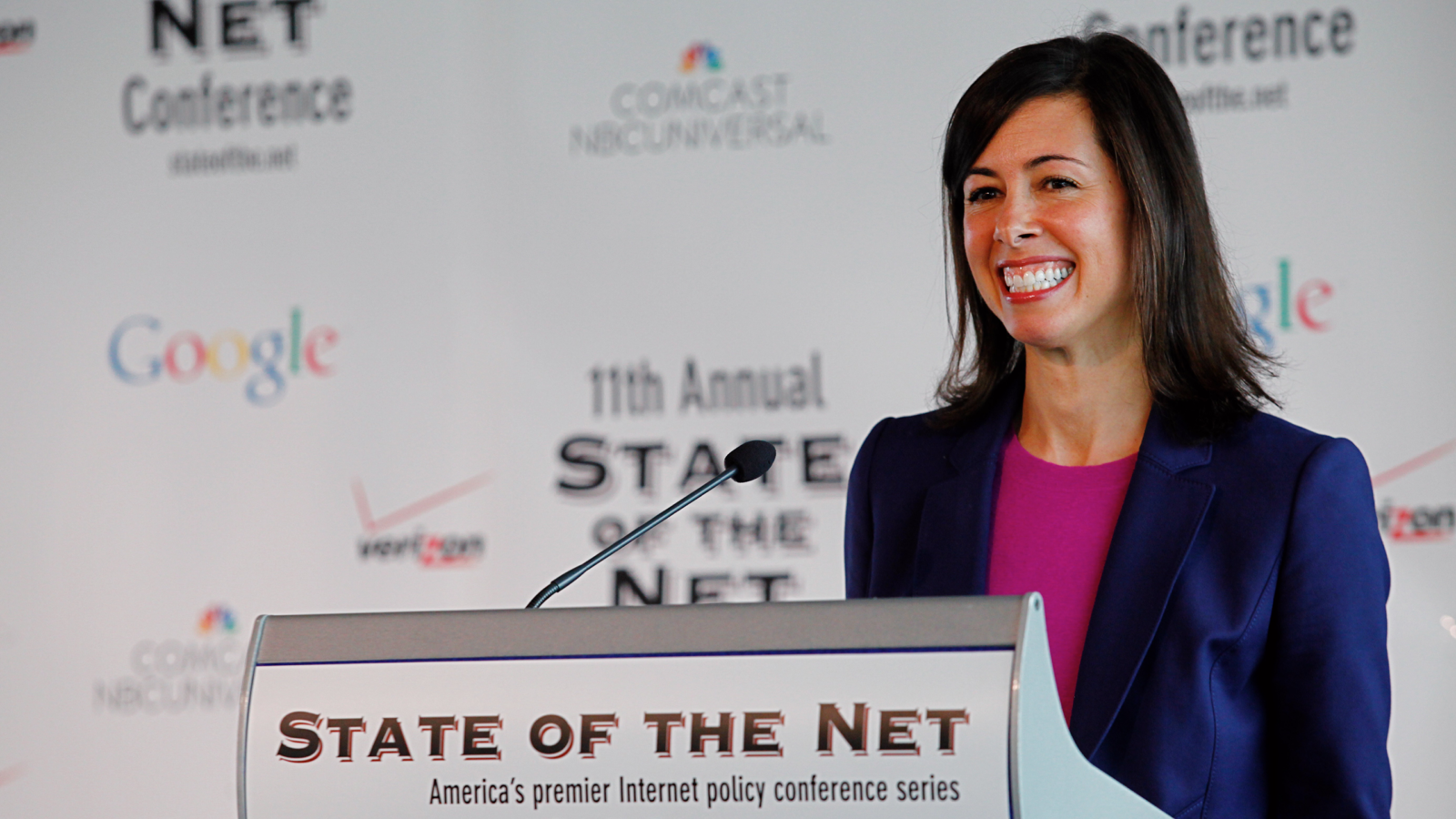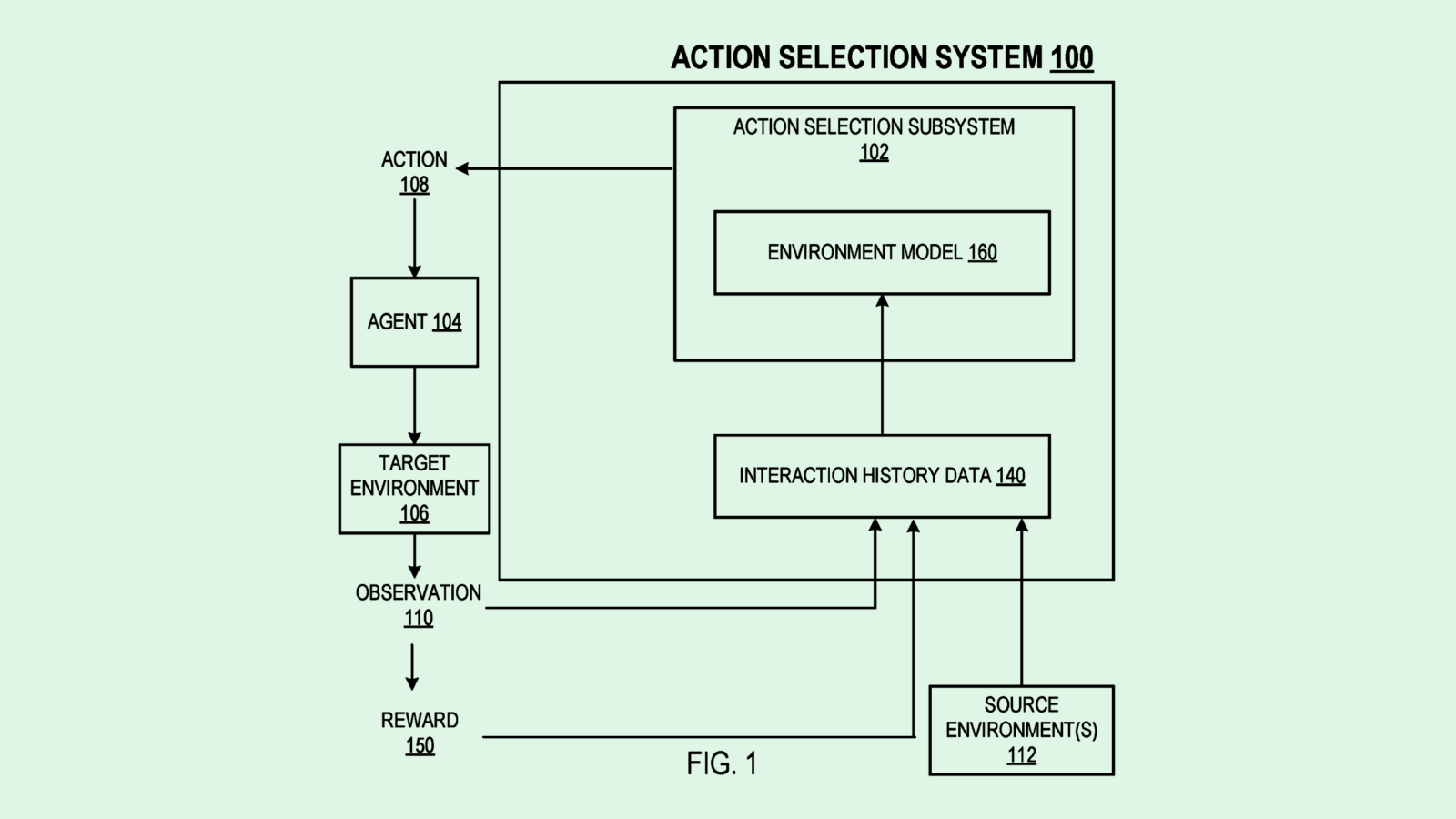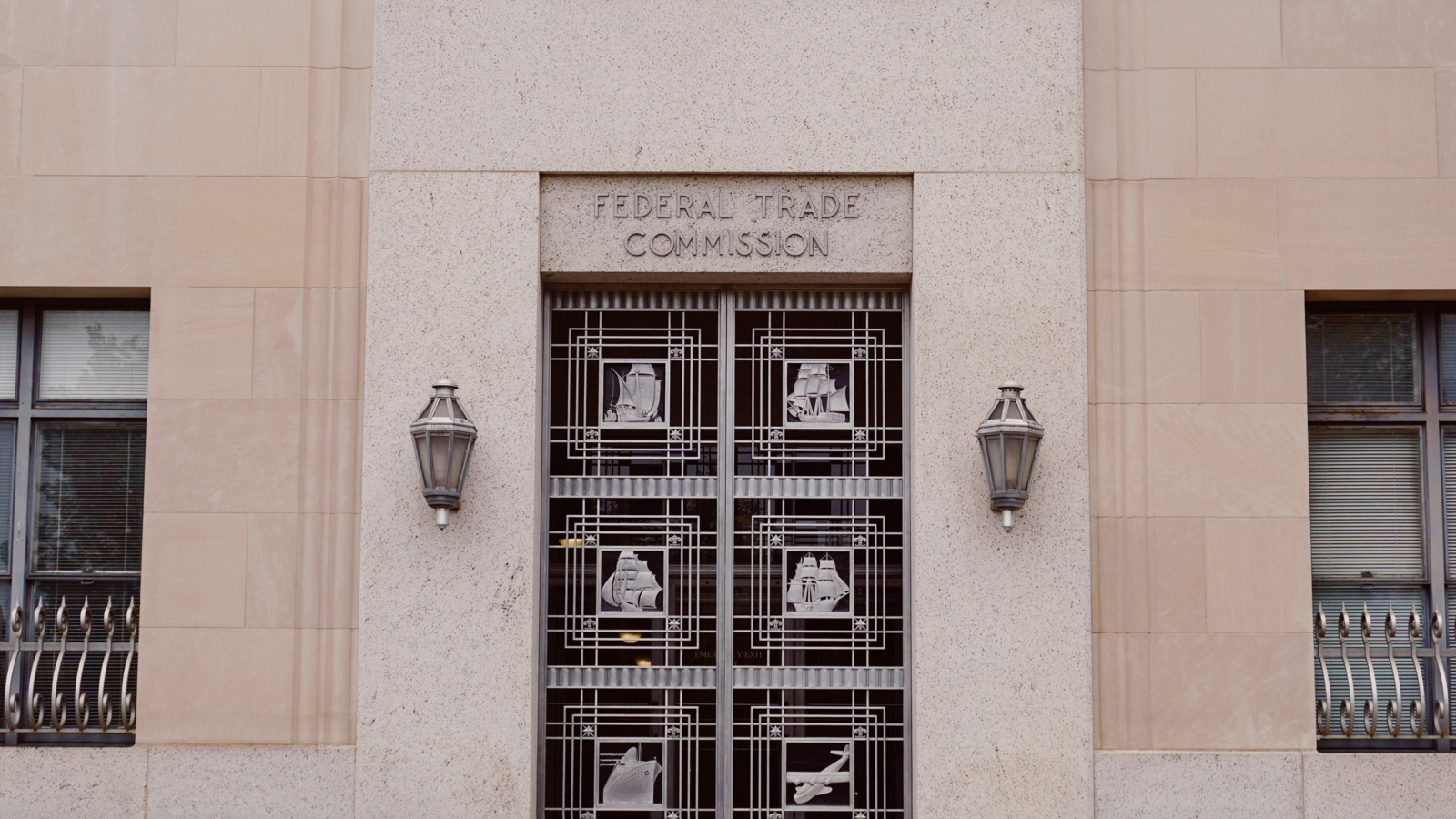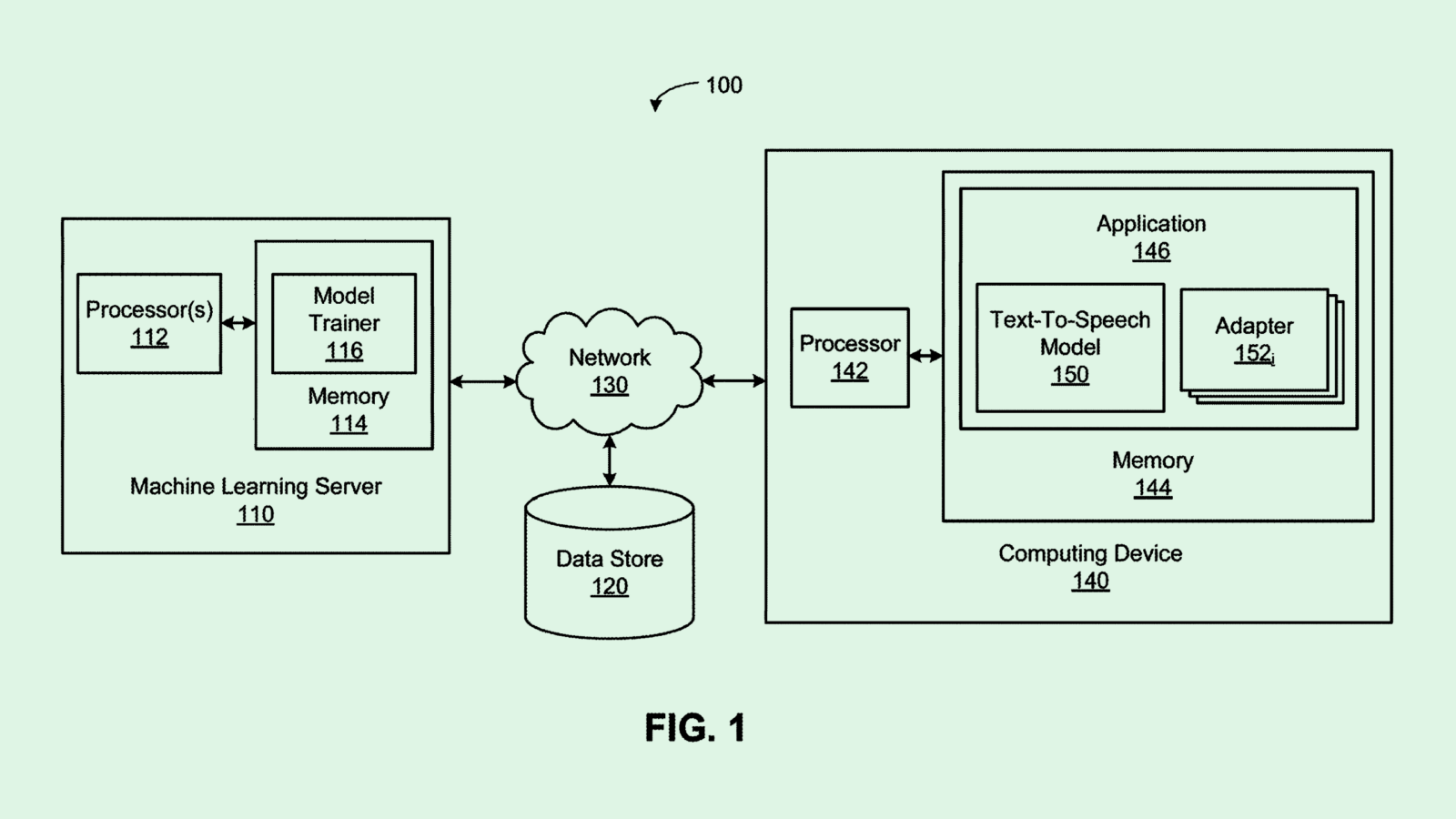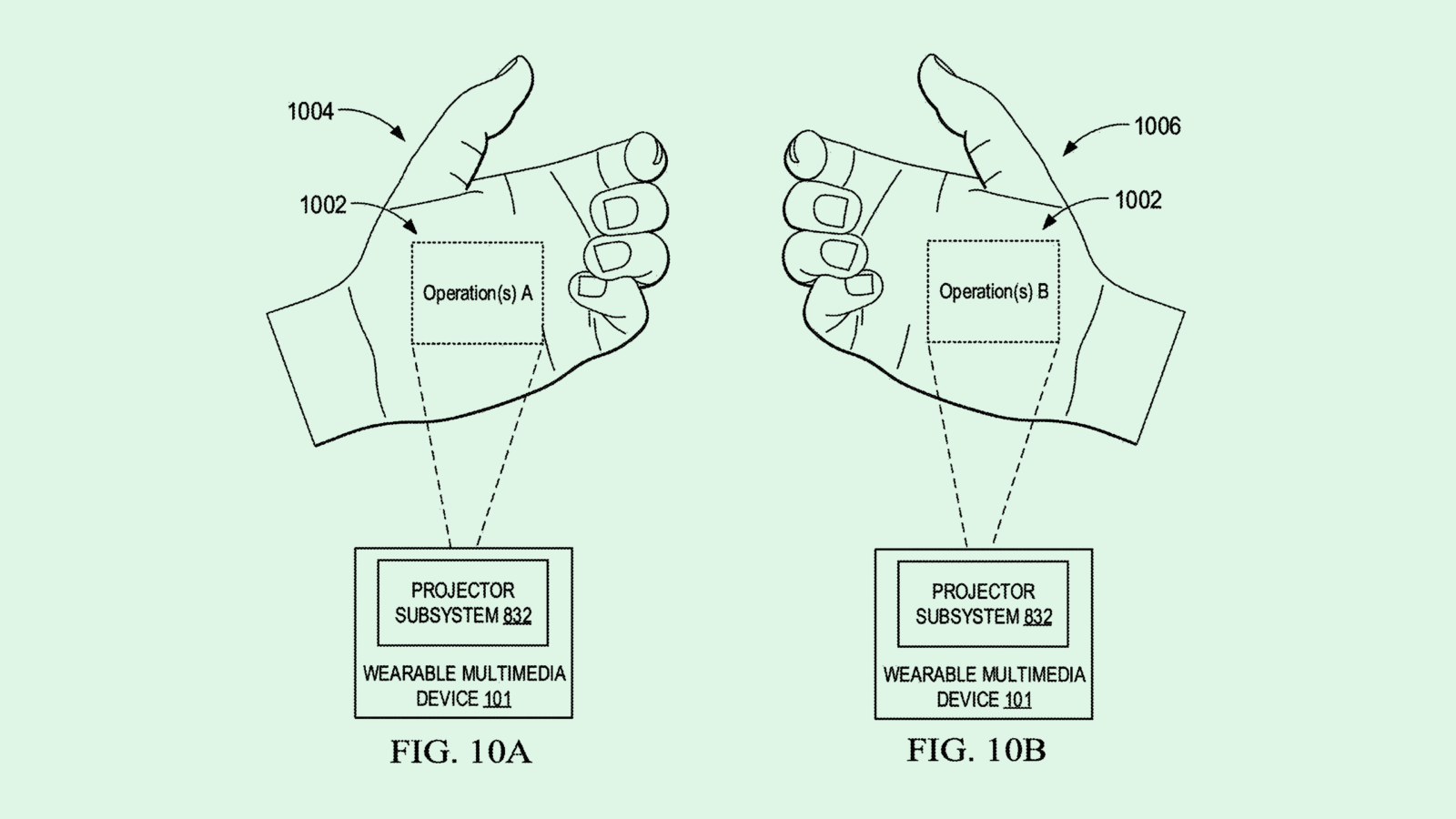Meta Set to Replace its Popular CrowdTangle Data Platform
The social media king plans to introduce a content library tool that offers less access ahead of a spicy election season.
Sign up for smart news, insights, and analysis on the biggest financial stories of the day.
Meta said Thursday that it’s shutting down its free CrowdTangle data insights tool, replacing it later this year with a new limited-access service that doesn’t have the same bells and whistles.
Data Due Diligence
CrowdTangle, which Meta acquired in 2016, tracks what content appears on public platforms and how often it’s shared. The overall goal is to help people understand how information spreads on the internet. While it helps social media managers track account performance, it’s also become a go-to plugin among academics, researchers, and journalists in a heightened era of conspiracy theories and misinformation.
Despite Crowdtangle’s value in an upcoming election year, Meta had already started to step back from the platform in the wake of studies highlighting Facebook as a hotbed for fake news and misleading images. Meta shut down the team that ran CrowdTangle in 2021, and the next year, it stopped accepting new users. Now, Mark Zuckerberg & Co. are looking to replace it entirely, and the response is mixed:
- A new Meta Content Library will launch in August, but it will be available only to academic and nonprofit research centers, categories that exclude most news outlets.
- University of Maryland researcher Cody Buntain, who was given an early test of the new tool, told The Wall Street Journal that gaining access to public comment data on posts is a valuable new feature, but it doesn’t allow users to track social-media activity in specific geographic locations like CrowdTangle did. Rebekah Tromble of George Washington University said the tool restricts users from downloading data on even public posts from elected officials.
Out in the Open: It’s not just Meta opting for closed — or at least less open — doors. Social media networks like X, TikTok, and YouTube lack the transparency that users and lawmakers desire when it comes to information on ad-targeting or content that’s potentially harmful to younger users. The Platform Accountability and Transparency Act — which would allow researchers to request access to certain data from social media companies — has been unable to move through Congress. Stay tuned, however, if a TikTok ban eventually succeeds.

